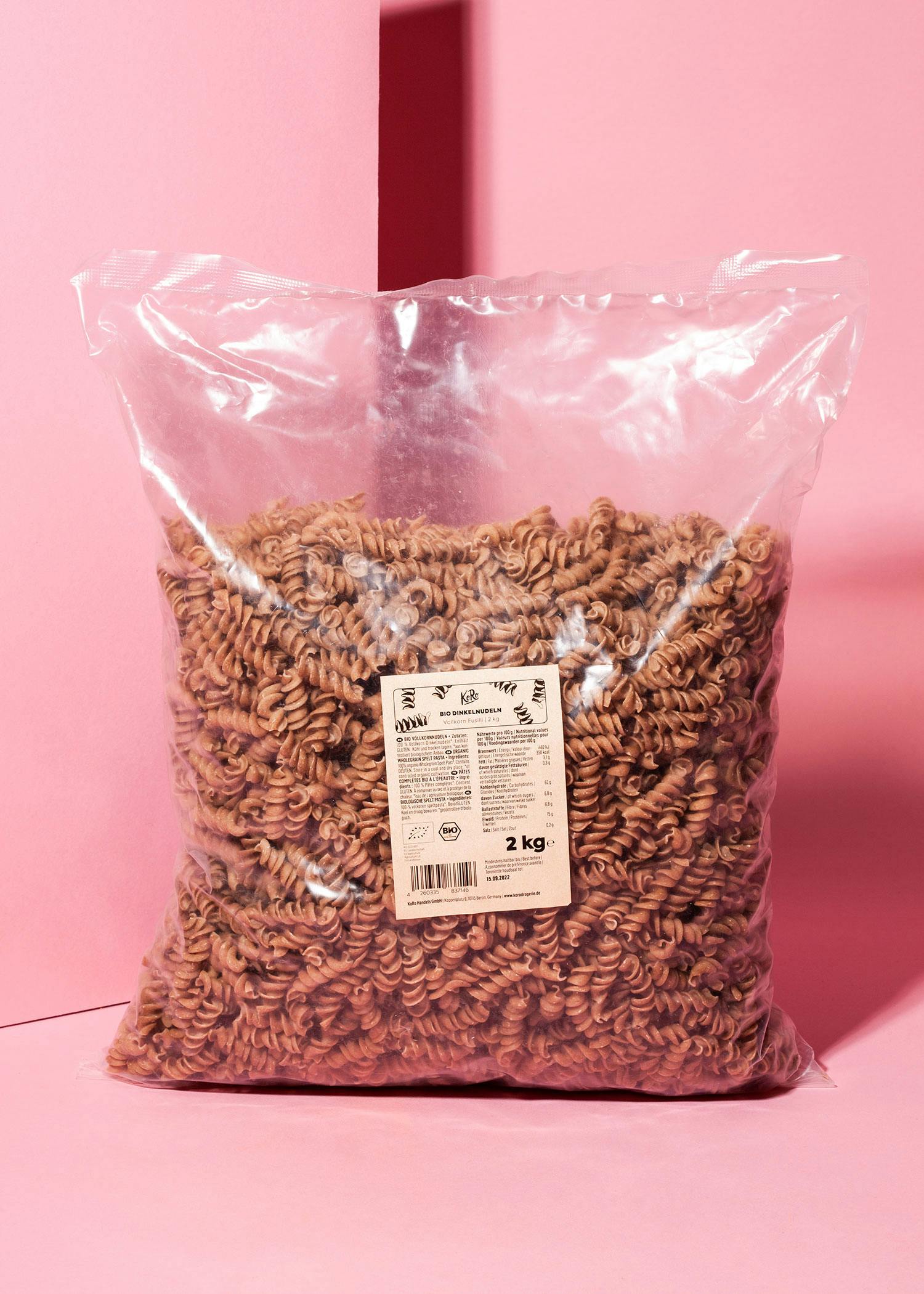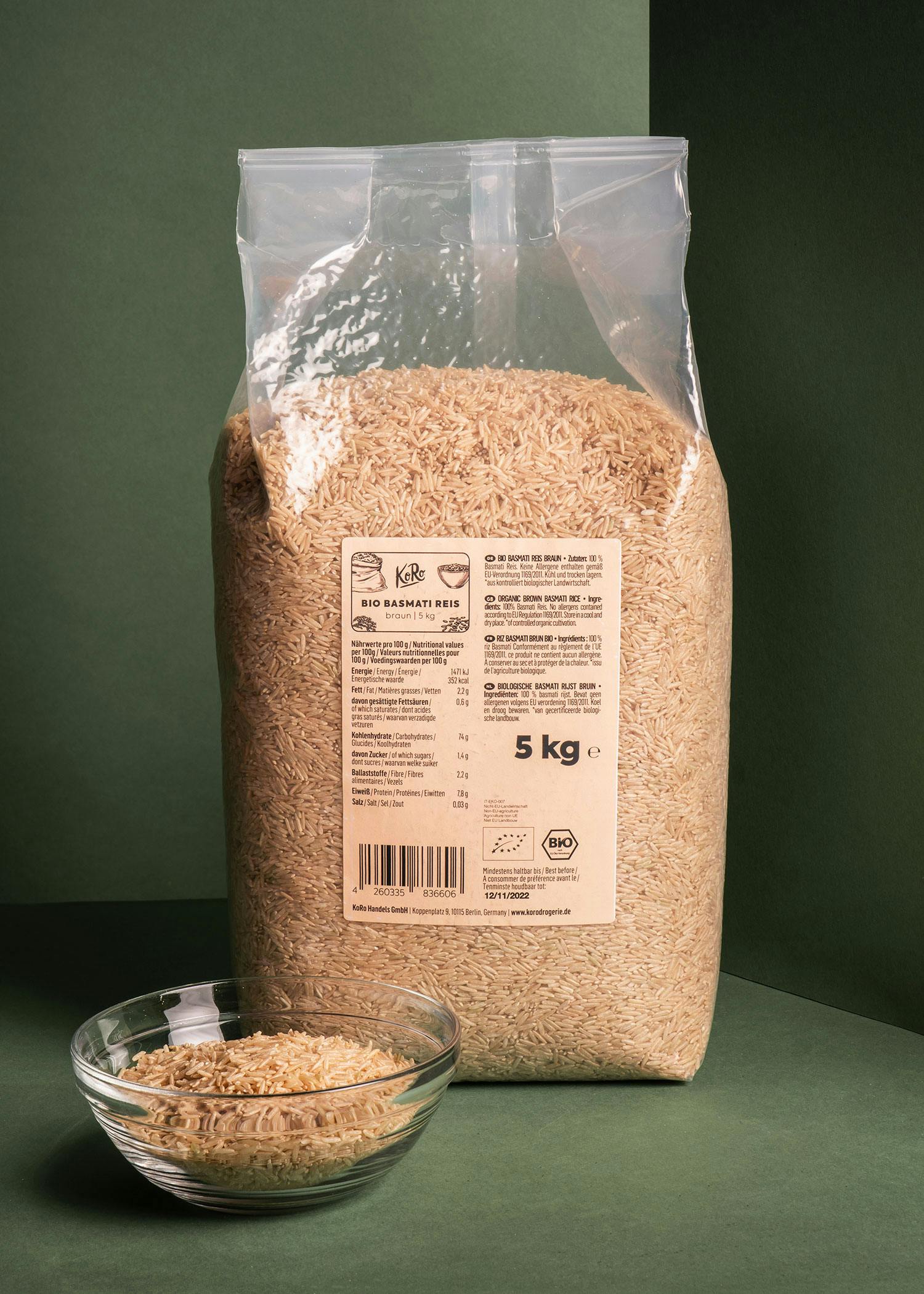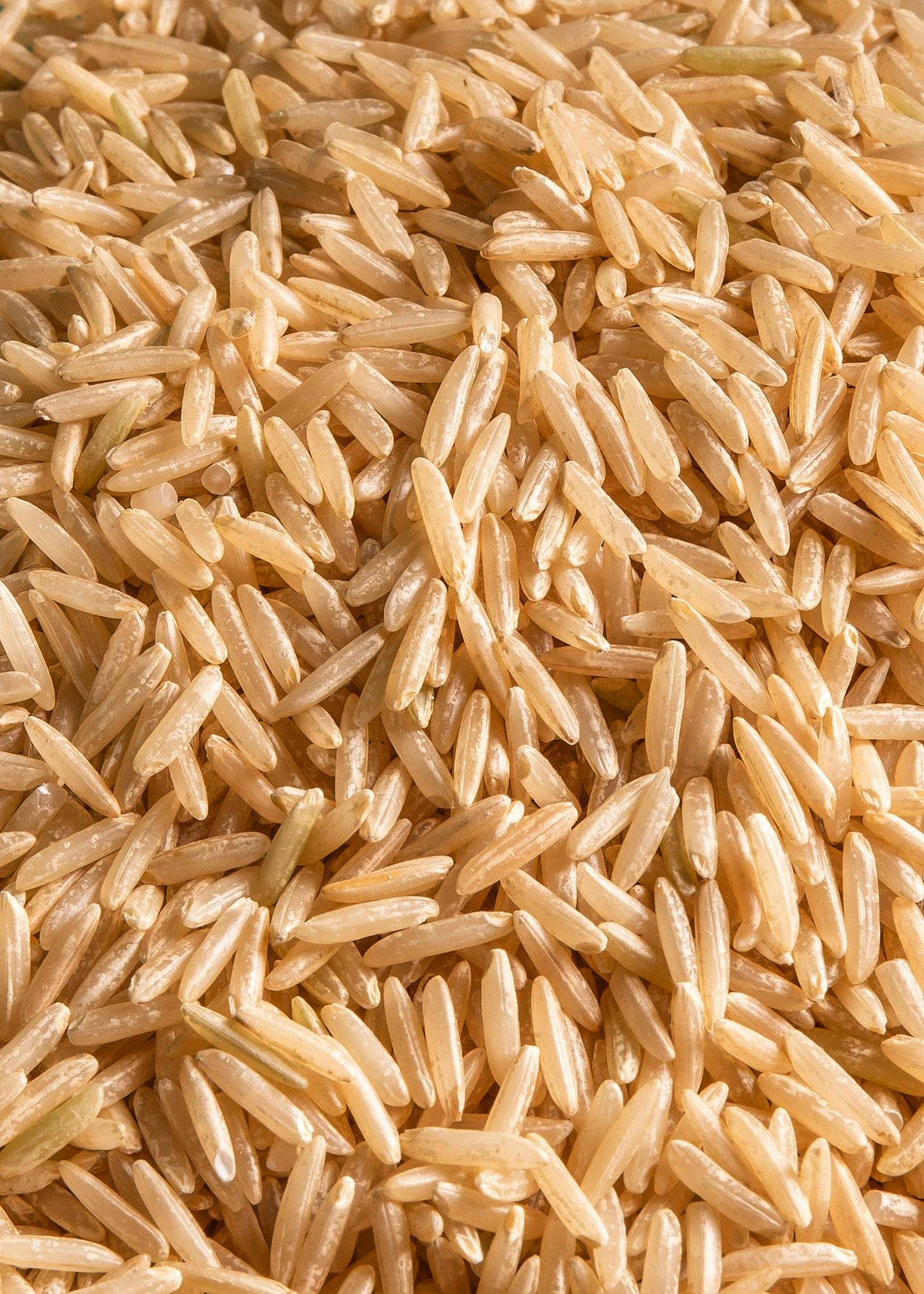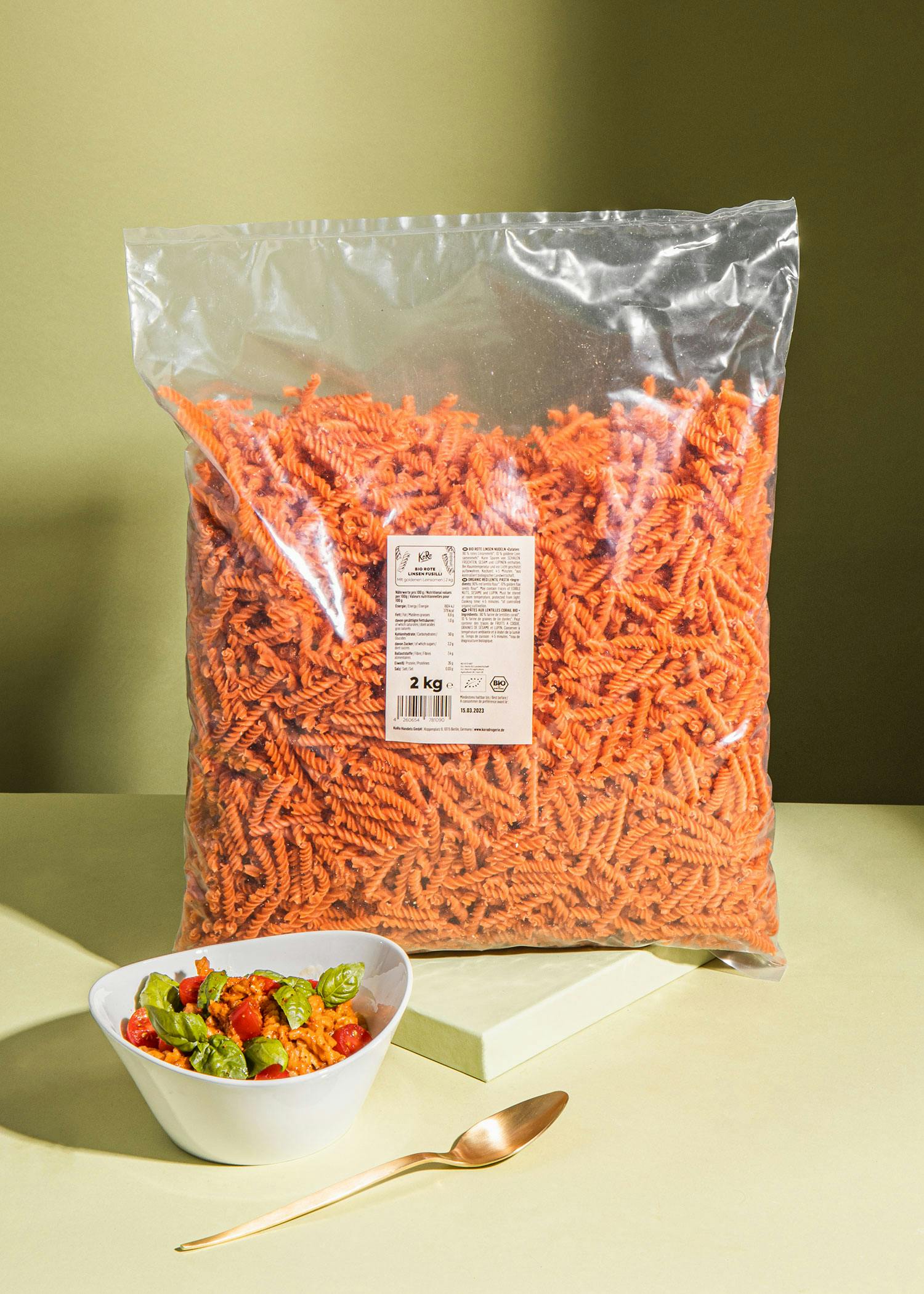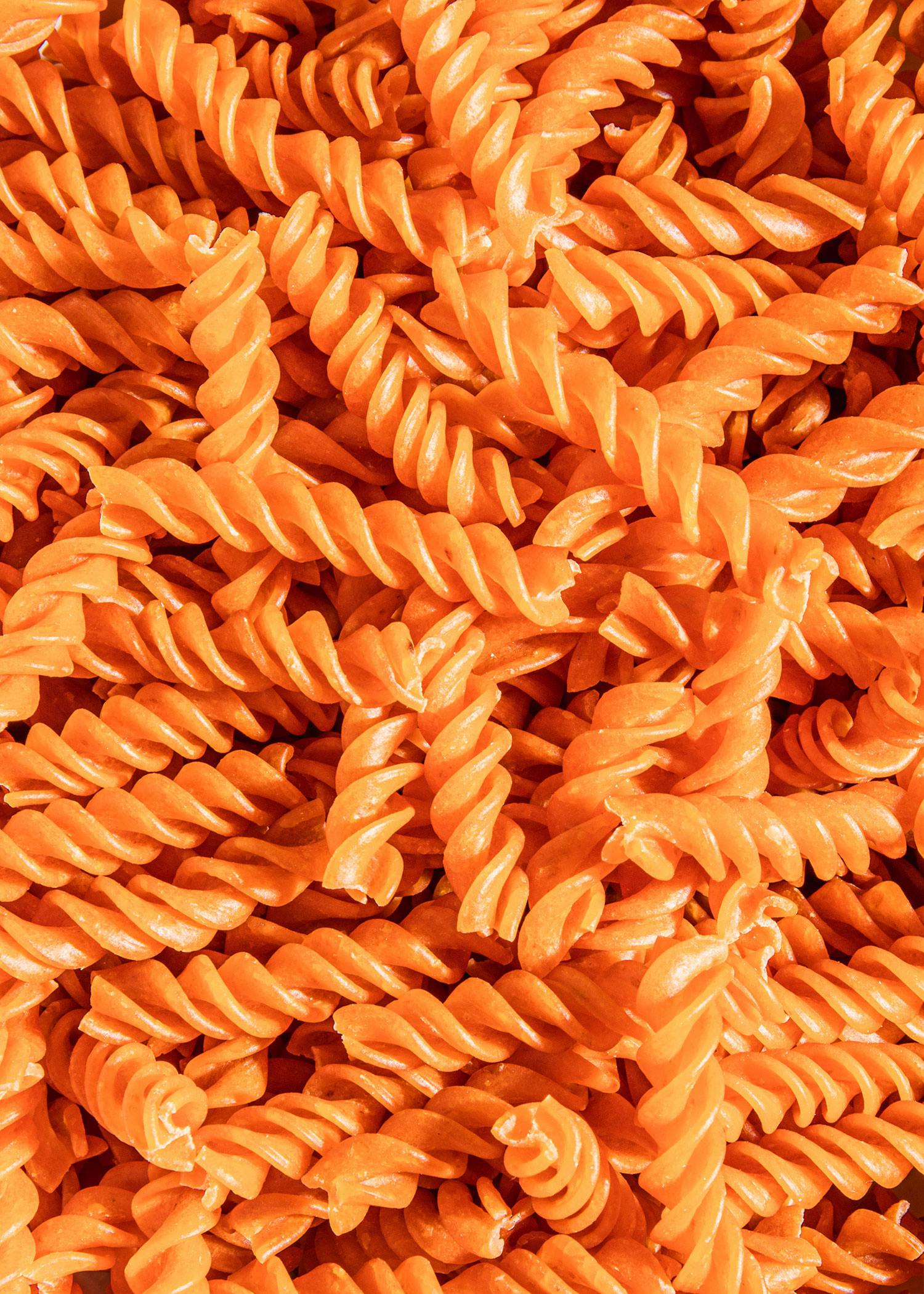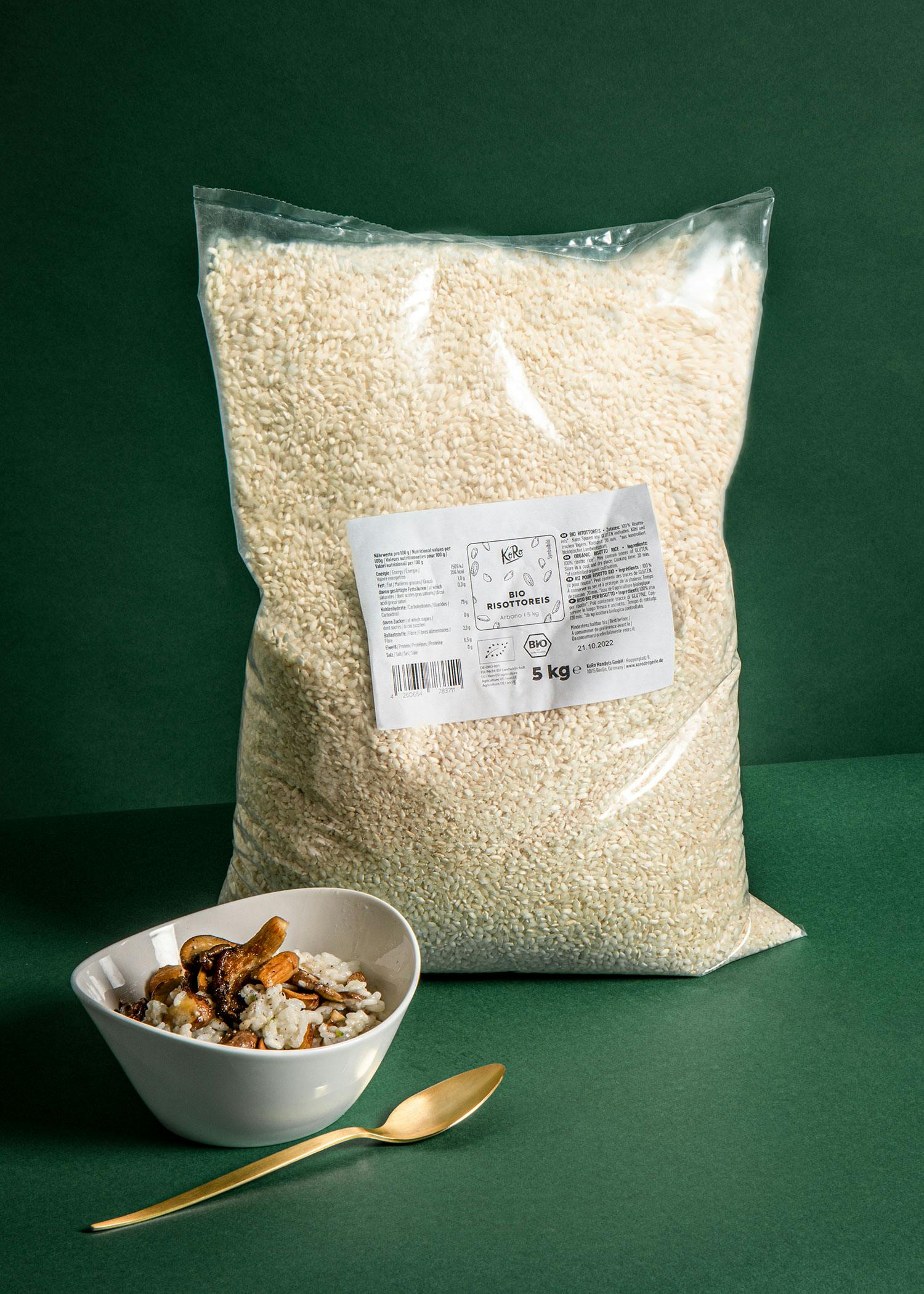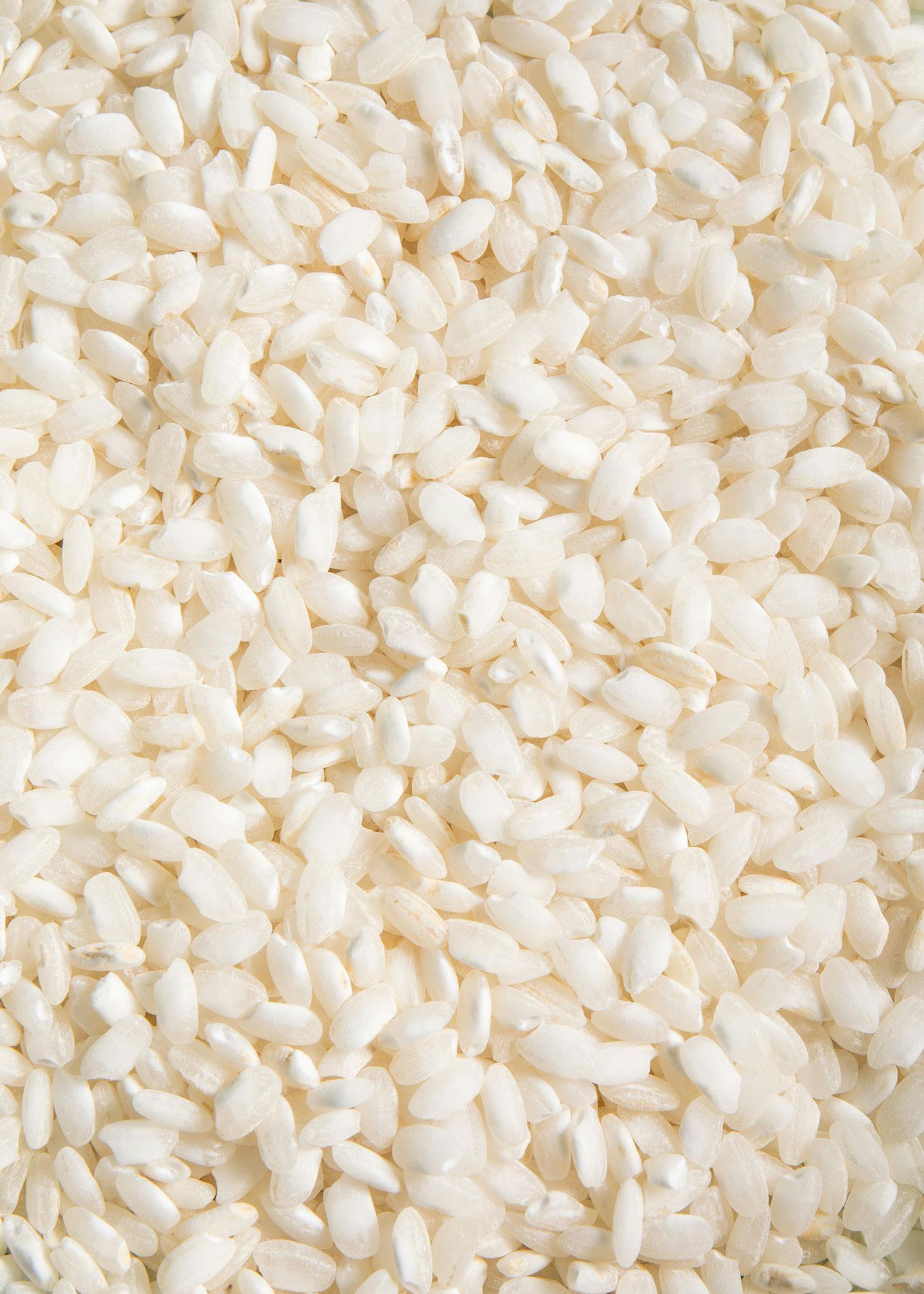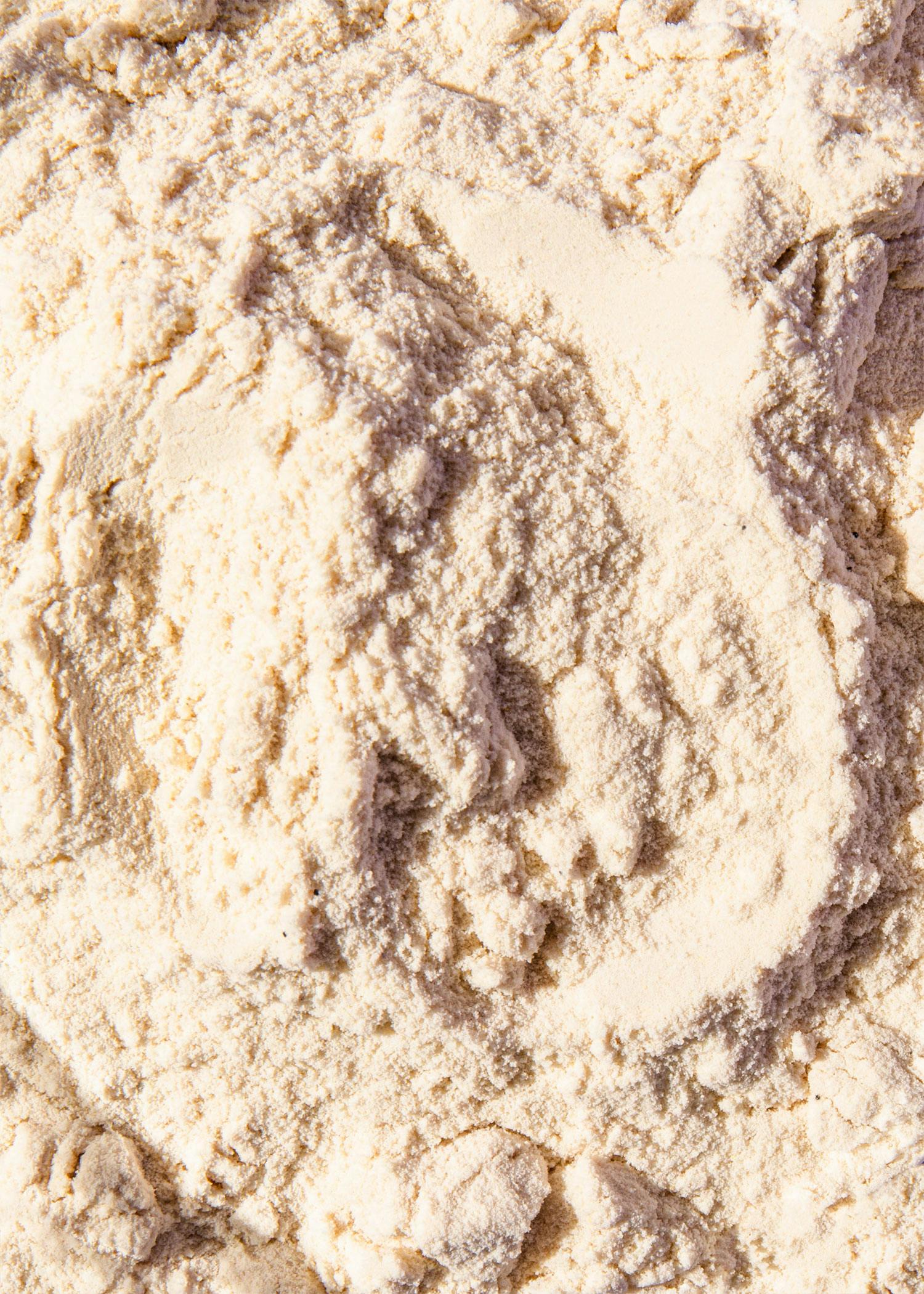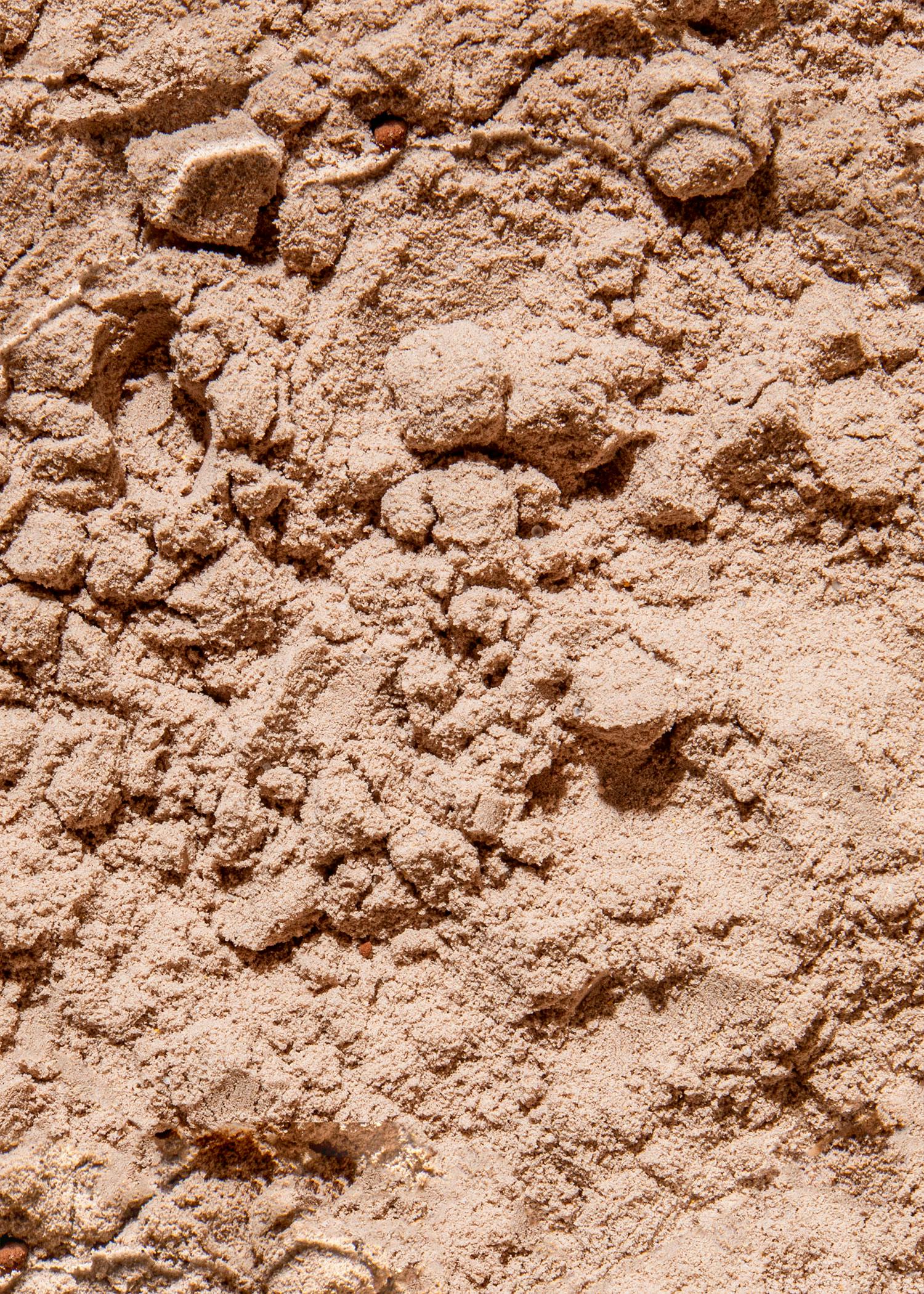A short disclaimer first:
This text is primarily aimed at all ambitious sports enthusiasts who do intensive sport several times a week. But even if you're just starting out, this text is worth reading! Because a balanced diet can support you on the way to your best athletic performance. But it is just as important for you if sport is not your favorite hobby. Would you like to know why proteins and carbohydrates also support you if you would rather run a serial marathon than a marathon? We got you! Our articles on the 1x1 of carbohydrates and proteins will soon appear on our blog and provide you with the information you need.
Carbohydrates
Do you love pasta, rice and the like, are you also a good athlete and are wondering whether the two go together? With all the low-carb diets flying around or being propagated by supposed fitness gurus on social media, we can say with science behind us: you're doing everything right! This is because carbohydrates play an important role in providing energy in both strength and endurance sports. How exactly does this work, you ask? Carbohydrates consist of glucose, which is converted in the body into ATP, our main source of energy. If you would like to delve deeper into the 1x1 of carbohydrates, we will soon have the right article for you. However, we would like to make one thing clear for the sporting context: The energy from carbohydrates can be absorbed particularly quickly and more ATP is gained in the same amount of time as with fats. However, glucose in the form of glycogen can only be stored in the liver and muscles to a limited extent, which is much less than that of fat stores. When your glycogen stores are full to the brim, your body draws on them for around 75-90 minutes during an intensive endurance session. After that, your body relies on ATP production from fat, which is not as effective and you therefore have to reduce the intensity of the exercise.
Snacking during exercise?
Snacking during training sounds strange and somehow wrong? We're rewriting the rules! Well, not us, but the sports nutrition experts. After all, the positive properties of carbohydrates are also at play during a long hike or when training for a run - because every year you set yourself the goal of running a marathon (been there, done that). Studies have shown that carbohydrate intake during training significantly increases the time spent exercising. So, pack your favorite KoRo bar in your bag for your next training session and try snacking while hiking/cycling/squatting.
After sport
You should also consume more carbohydrates immediately after your training session to quickly replenish your glycogen stores. Here you can also choose foods with a high glycemic index, i.e. carbohydrate-rich foods that can be quickly absorbed into the bloodstream. This is where your beloved pasta or good old toast come into play. Regeneration can be this delicious!
Proteins
Protein is probably the most famous macronutrient in the sports context and many people can't get enough of it. But did you know that a protein intake of 0.8-1.0 g per kilogram of body weight is sufficient for up to five hours of sport per week? This is usually less than many people think. However, if you exercise for more than five hours a week, your protein intake should be increased to 1.2-2.0 g per kilogram of body weight, as proteins can support you with such a high volume of exercise.
Did you know that proteins are also used by the body to provide energy as soon as carbohydrate stores are empty? Fun fact: During a marathon, around 20 g of amino acids are metabolized into ATP. This shows that proteins are indispensable in both strength and endurance sports. If you have been under the impression that you need to consume most of your daily protein up to two hours after training and have therefore always rushed home after your sports session and hastily mixed yourself a protein shake, we can reassure you. Protein biosynthesis, i.e. the formation of proteins in the cells, is increased for up to 24 hours after exercise. It is best to include a source of protein in each of your meals so that you are well supplied with protein throughout the day.
Fluid intake
Of course, you should drink enough even if you don't exercise, as fluids are essential for our bodies. But as an ambitious athlete, you will most likely sweat more than the pros in a series marathon, which means you should drink more fluids. However, the issue is a little more complex than you might think. It mainly depends on where and what kind of sport you do. For example, you sweat more in the desert than when jogging on the Spree. You also need to drink more fluids when hiking in the mountains than when walking by the North Sea, because there is less oxygen at higher altitudes. How is this connected again? The lower oxygen content in the air increases the breathing rate and more water is exhaled through the lungs. But regardless of whether you are at dizzying heights or at sea level, if you are exercising for longer than 60 minutes, you should drink fluids. The optimum fluid intake is 0.4-0.8 liters per hour. Why the wide range, you ask? Again, it depends on your individual body composition and the temperatures in which you are exercising. So if you are heavier and play tennis at 30 °C, you need to drink more than a lighter athlete skiing. If you play sport for more than 90 minutes at a time, e.g. soccer, your fluid should ideally still contain carbohydrates. If you are exercising intensively for more than two hours (hats off to you), your drink should contain 500-700 milligrams of sodium per liter. As you can see, the topic of hydration in sport is very individually linked to your type of sport and environmental factors and is therefore not as easy to rationalize away as many people initially think. Did you know, for example, that men sweat more on average than women? Or that trained athletes sweat faster and more than untrained athletes? You never stop learning!
